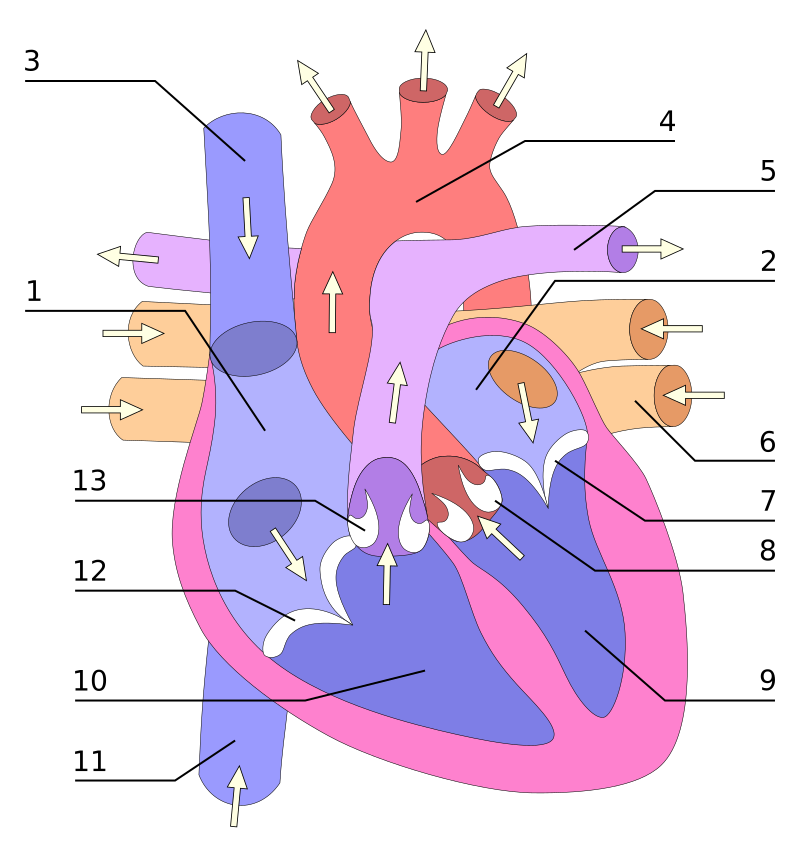Early Intensive Blood Pressure Management Improves ICH Patient Outcomes

Recent research has indicated that initiating aggressive blood pressure (BP) lowering shortly after an intracerebral hemorrhage (ICH) significantly enhances clinical outcomes for patients. The findings, derived from a comprehensive analysis of the Intensive BP Reduction in Acute Cerebral Hemorrhage Trials (INTERACT1-4), suggest that early intervention can lead to improved neurological recovery, reduced mortality, and fewer adverse events compared to traditional treatment protocols.
The study, published on June 18, 2025, in The Lancet Neurology, evaluated the effectiveness of intensive BP management—targeting systolic BP levels below 140 mm Hg within one hour of symptom onset—against the standard guideline of maintaining systolic BP below 180 mm Hg. According to Dr. Deborah Brauser, a lead researcher in the study, “The results indicate a profound advantage when treatment is administered within the first three hours of ICH symptoms.”
The INTERACT trials collectively enrolled over 11,000 patients, with the most significant benefits observed in those receiving intensive treatment within three hours of symptom onset. For instance, patients in the intensive treatment group showed a mean systolic BP of 149.6 mm Hg at the one-hour mark compared to 158.8 mm Hg in the control group (P < .0001). Additionally, the odds of poor functional recovery, defined as a modified Rankin scale score of 3-6, were significantly lower in the intensive treatment cohort (odds ratio [OR], .85; P = .0001).
Dr. David J. Werring, a noted expert in stroke management from the University College London Queen Square Institute of Neurology, contributed an editorial accompanying the study. He remarked on the differing pathophysiological mechanisms of ICH compared to ischemic stroke, emphasizing that while elevated BP may aid in brain perfusion during ischemic events, it can exacerbate hemorrhagic conditions by promoting hematoma expansion. Werring stated, “The pathophysiology of stroke from ICH is different, with a major role for hematoma expansion within the first few hours, a therapeutic target which might be reduced by intensive BP lowering.”
Despite these promising findings, the study's authors and Werring acknowledged several limitations. Notably, the overall severity of ICH in the trial participants was relatively low, potentially skewing the applicability of results to more severe cases. Additionally, the inclusion of INTERACT3 data might have introduced confounding variables, as it was part of a broader treatment bundle that included glucose control and anticoagulant reversal.
The pooled analysis results underscore the critical adage in neurology: “Time is brain.” Early intervention not only optimizes clinical outcomes but may also become a cornerstone of ICH management protocols moving forward. The research was supported by multiple organizations globally, and financial disclosures were made by several investigators, ensuring transparency in potential conflicts of interest.
In conclusion, the emerging consensus within the medical community advocates for a reevaluation of current treatment guidelines for ICH. The compelling evidence gathered from the INTERACT trials positions early intensive BP management as a potentially transformative approach in emergency stroke care. Future research is anticipated to further validate these findings in more diverse patient populations and settings.
Advertisement
Tags
Advertisement





